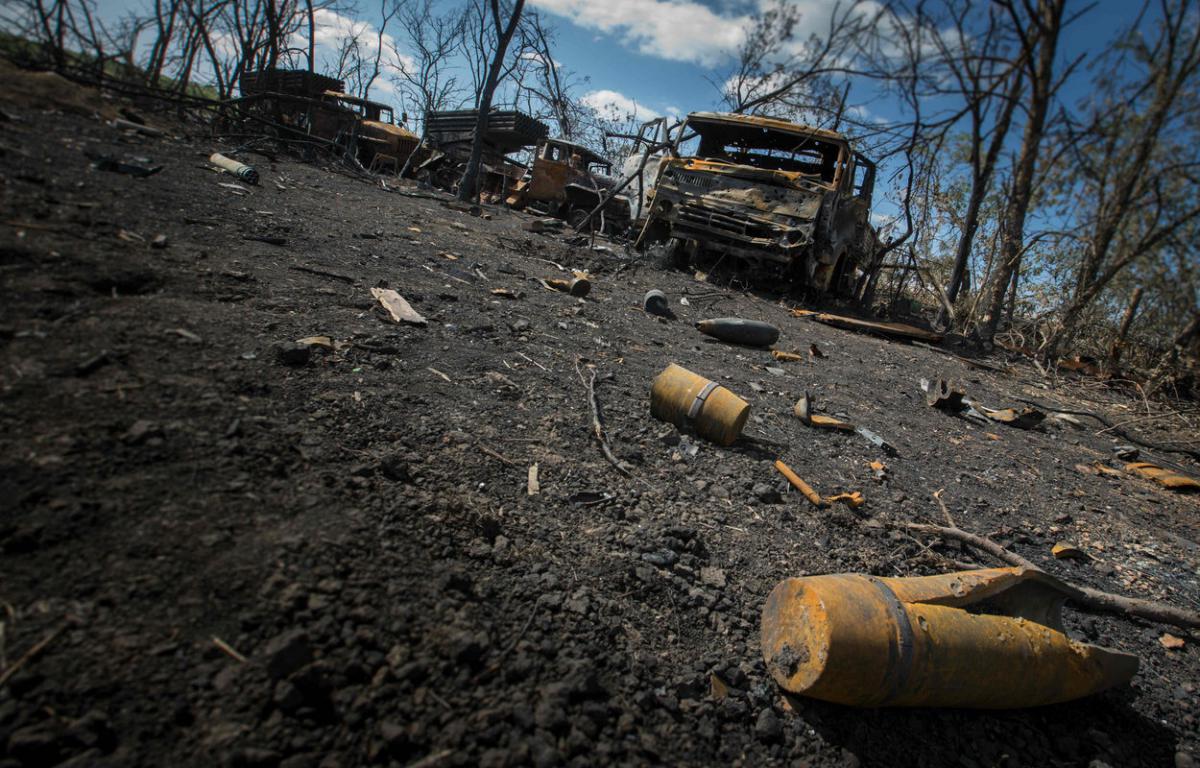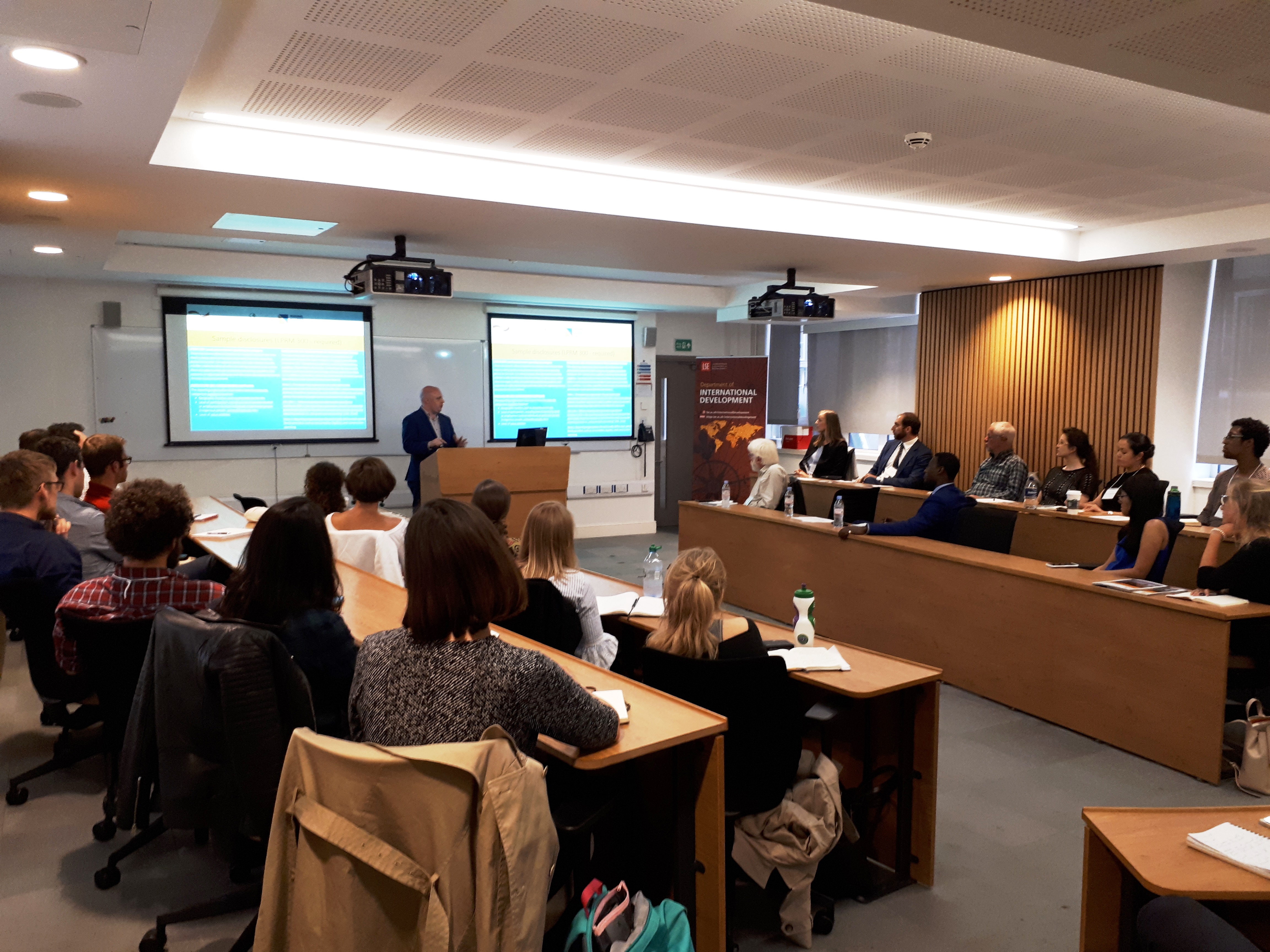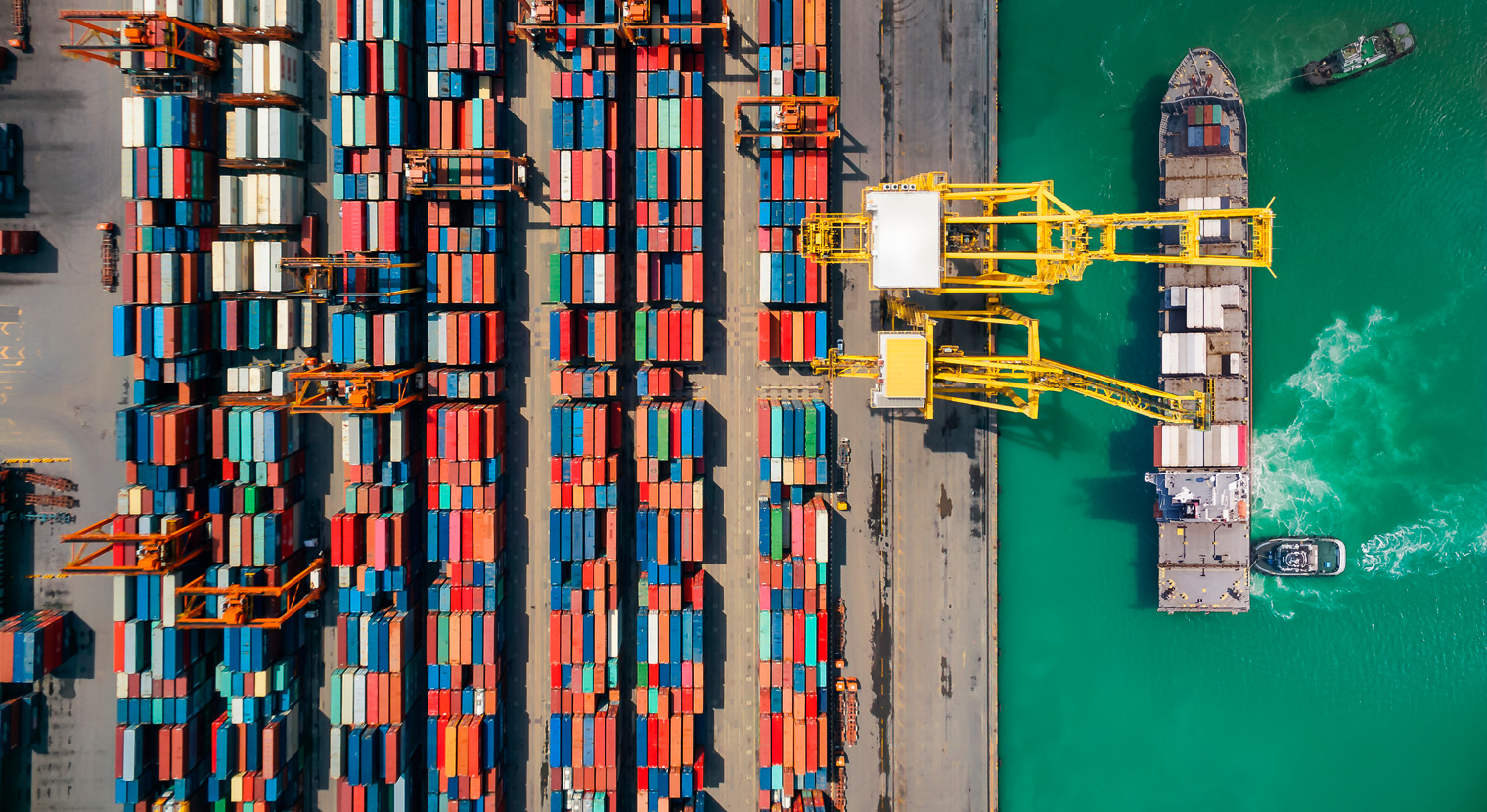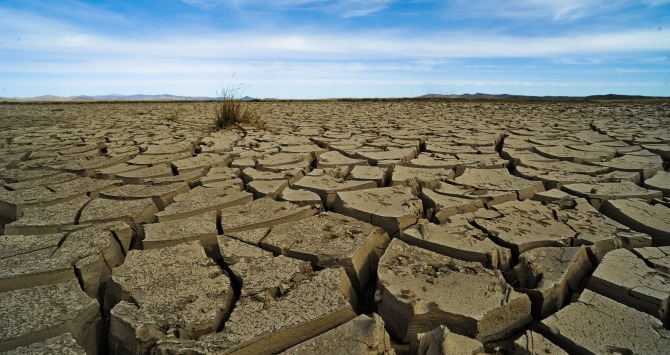
Migration can take many forms, from economic to political to social. Environmental migration, when it occurs, often focuses upon those who relocate because of issues such as natural disasters. But it is equally important to consider those who decide to move because of gradual environment changes.
 A new working paper about climate change and migration has been released by Dr Maria Waldinger (right), a post-doctoral researcher at the Grantham Research Institute and former PhD student in International Development.
A new working paper about climate change and migration has been released by Dr Maria Waldinger (right), a post-doctoral researcher at the Grantham Research Institute and former PhD student in International Development.
Maria considers why climate change might affect migration. Sustained temperature changes, for example, can affect agricultural and labour productivity. In such cases, the livelihoods of those working in agriculture are more severely affected than those situated in the urban economy.
She highlights the IPCC prediction that climate change will entail more flooding as well as droughts, adding that a natural allure to coastal regions could exacerbate the effects of future sea-level rises.
But what of the effects of migration on developing countries?
Empirical evidence shows that people respond to climate change by migrating internally, with many often limited by resources. In particular, droughts have increased rural to urban migration within Sub-Saharan Africa.
Read Maria’s new paper, ‘The effects of climate change on internal and international migration: implications for developing countries’.
Abstract
This synthesis paper informs the development community about the effects of climate change on migration patterns within and out of developing countries, concentrating on the economic aspects of migration. Empirical evidence shows that people in developing countries respond to climatic change by migrating internally. Evidence on the relationship between climate change and international migration is limited.
The effect of climate change on migration decisions depends crucially on socio-economic, political, and institutional conditions. These conditions affect vulnerability to climate change and hence how important climate change is in determining migration decisions. Migration has been an effective response to climate variability and change in the past and might be one in the future, but only under certain pre-conditions.
Access to information on the economic and social costs of migration, on advantage and disadvantages of potential destination locations, and the absence of credit constraints and other barriers can help potential migrants to make decisions that will improve livelihoods. Policy intervention is also required to reduce potential negative impacts in both the sending and receiving region. Badly managed migration is associated with high economic, social and psychological costs.
Related posts:
  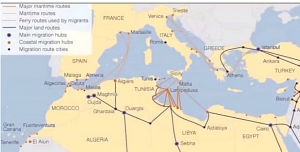 |



